House Sitting in New Zealand: What You Need To Know
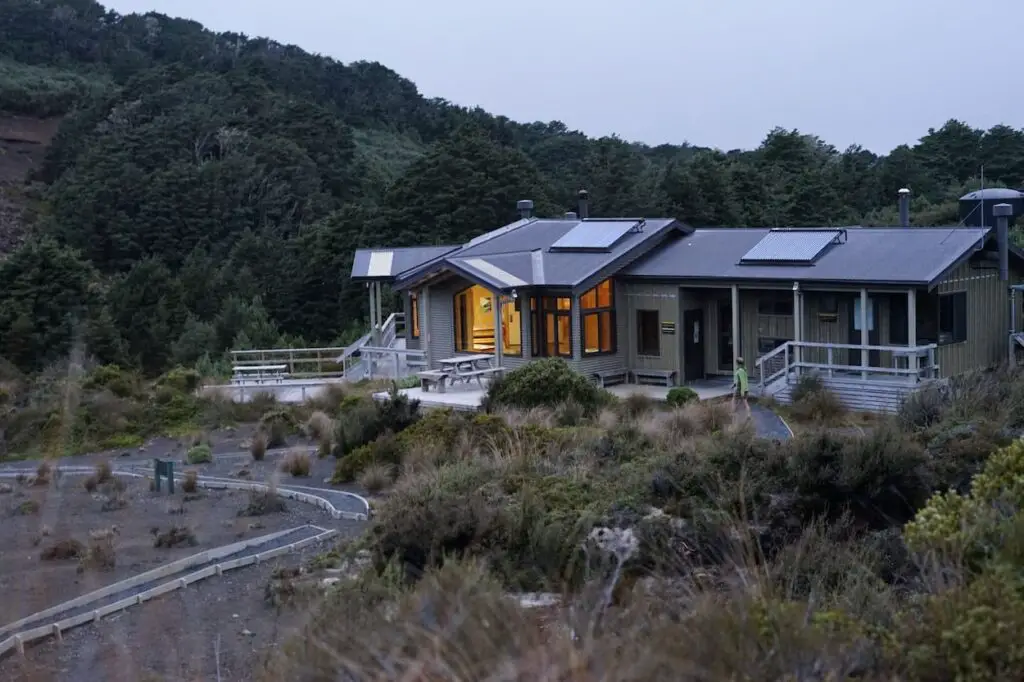
There are only two ways where you can live for free in New Zealand: through house sitting or Couchsurfing. Of course, you have friends and family who are willing to host you; that’s an option too. That said, Couchsurfing is more popular and common worldwide, while house sitting seems to be gaining popularity.
House sitting is a trust-based value exchange between house sitters and homeowners. House sitters take care of animals while living for free, and pet owners don’t have to spend money on kennels or ask friends and family. At the same time, pets are happier, too, as they can keep their normal routines and stay at home.
I personally had never heard about house sitting before coming to New Zealand. So, I have tried to be a house sitter, and it was awesome! If you are thinking of house sitting in New Zealand, don’t be afraid to try it out. You can sign up for Kiwihousesitters and see how it goes. I found my sit on their website.
Watch the full video on house sitting in New Zealand.
What is house sitting?
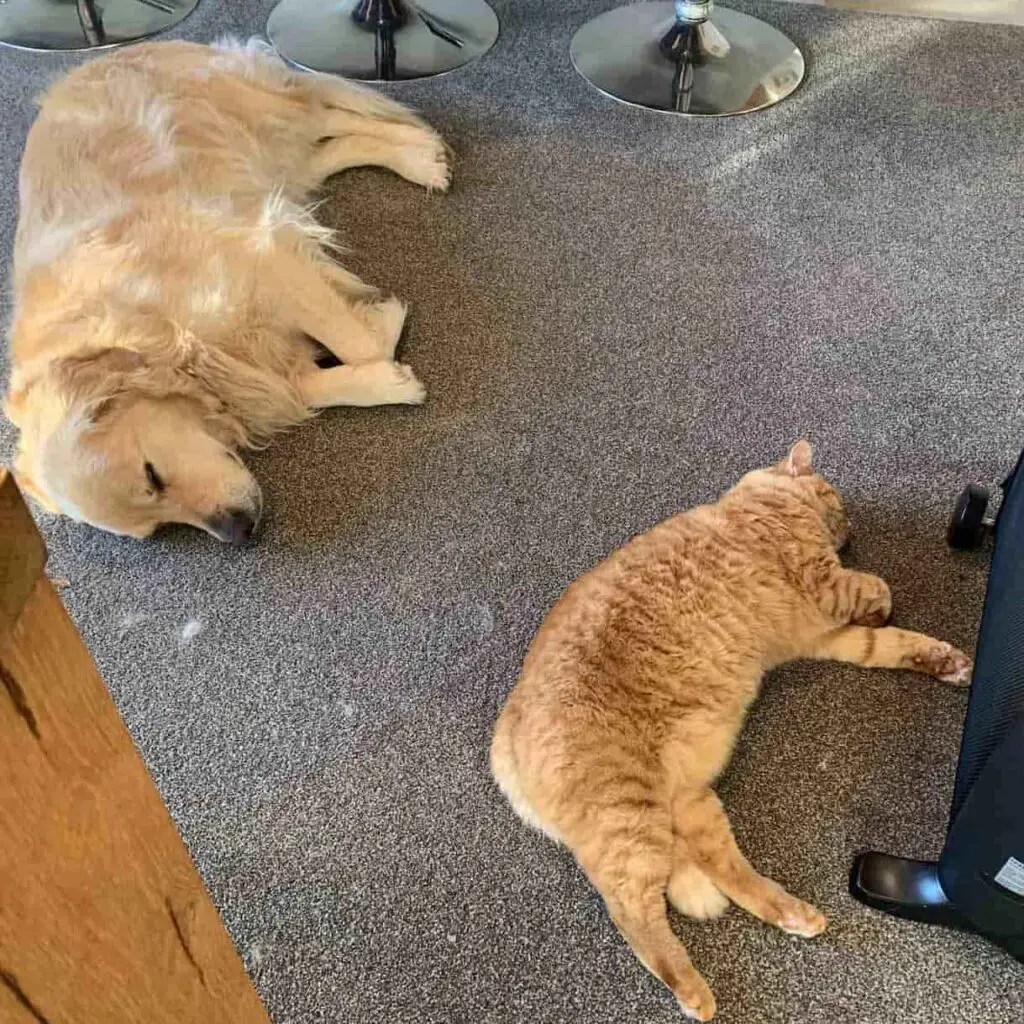
Put simply, house sitting it’s when you stay in someone’s house for free and take carry of animals in return.
It’s a mutual, non-monetary agreement between a house owner and a sitter. As a sitter, you get a chance the sitters get to live in a home, and house owners, on the other hand, benefit from your free help with animals.
Typical duties include caring for pets, looking after the home, and keeping it clean. During the house sit, you replace the owner, so expect to be responsible for a house and animals.
Besides house sitting and caring for dogs, cats, other domestic animals, and sometimes even the livestock, there are some house sits that don’t involve pets.
In that case, houseowners want someone to live on their property so the place doesn’t feel that empty. In addition, there might be some plans that require regular watering.
However, there are some possible caveats to house sitting, such as a mismatch in expectations and reality.
Such arrangements can become especially tricky because they are unpaid, and both parties usually sign no contract. Therefore, it might be challenging to stick to responsibilities and must-haves from the sitter and the owner’s side.
As a house sitter, you need to clearly understand what is required, and as a homeowner, you should provide everything that’s needed for comfortable and trouble-free living in your home.
What will you do as a house sitter?
So what falls into the tasks of house sitters? Above everything, your primary duties will be taking care of pets, looking after the home and household, and cleaning it up occasionally.
Here is what house owners typically expect from house sitters:
- To take care of animals and house
- To be a trustworthy, responsible and reliable person
- To leave the house by the end of the sit as agreed
- To have their pets cared for, loved, fed and exercised
- To spend enough time with pets
- To return the house and pets as you found them
Is house sitting right for you?
House sitting isn’t for everyone, and not everyone has an opportunity to be location-independent and spend enough time with animals.
In New Zealand, house sitting is popular among people on Working Holiday visas, visitors, retirees, students, and remote workers. Why, you ask? Because they have location freedom, don’t depend on their 9-5 in the city center, and have a lot of free time.
Generally, you need to be at least a remote worker. Having a traditional job and going to the office daily doesn’t fit a house sitting lifestyle. Besides, most house owners state in their house sitting ads that they are looking for someone who works remotely or can spend a significant amount of time at home.
Besides the requirements of free time and location independence, house sitting isn’t for everyone considering all the things involved. Here is a quick checklist if house sitting suits you or not:
- Do you like/love animals?
- Are you okay sleeping in someone’s bed?
- Are you willing to follow someone’s house rules?
- Can you handle animals well? Like larger dogs
- Do you have any experience living in a stand-alone Kiwi house?
- Are you willing to do some cleaning in the house, including cleaning after pets?
- Are you a responsible person?
Before starting the house sit
When you find a house sit job that you like and start a conversation with owners, it’s usually followed by a video or audio call as part of some type of interview. During this interview, you will briefly get to know each other, and the house owner might tell you their expectations.
After you agree upon a house sit, house owners will give you a list or verbal information about the following:
- Pets, their behavior, socialization, health, and temperament.
- The property and location; house rules; any caveats, and important details that are worth mentioning.
- Vets and neighbors’ contact details.
- Wi-fi details and details on coverage (if there are some issues with it).
- Which supermarkets, cafes, and shopping options are closest to the house?
- Any internal or external alarms, cameras, surveillance or pet monitoring systems, etc.
As a house sitter, you also will be provided with a bedroom, a bathroom, and a comfortable living space.
Best house sitting websites in New Zealand
House sitting has become more popular; hence, today, there are many players on the market. You can choose between dozens of house sitting websites, but most of them don’t have nearly as many jobs as the following two. TrustedHousesitters and Kiwihousesitters are the two largest websites for house sitting jobs in New Zealand.
Both have great customer support, interface, and reasonable pricing, but there are generally more listings on Kiwihousesitters.
Kiwihousesitters

I have only tried Kiwihousesitters, and my experience was great! They generally have more house sitting jobs than any other platform you will come across.
It’s a very easy and straightforward website to use. You will need to pay $84 for a full-year membership to apply for house sitting jobs. The price is very reasonable, and staying in someone’s house for free will save you hundreds of bucks and more.
There are a lot of house sitting jobs on Kiwihousesitters, most of which are on the North Island, but a decent number are on the South too. You will see at least 200 jobs at any given time.
TrustedHousesitters

Compared to Kiwihousesitters, Trustedhousesitters is a global house sitting platform. You can browse jobs across the world.
Trustedhousesitters also provide support, and the cheapest membership for a sitter costs $139 per year, while the most expensive one is $269. The premium account includes free video calls, accident and liability insurance, and other perks (see below).
At the moment of writing, there are 108 house sits across New Zealand. Considerably less than on Kiwihousesitters, yet, most house sits are screened and approved by the team. Plus, you will find more luxurious homes on Trustedhousesitters vs Kiwihousesitters.
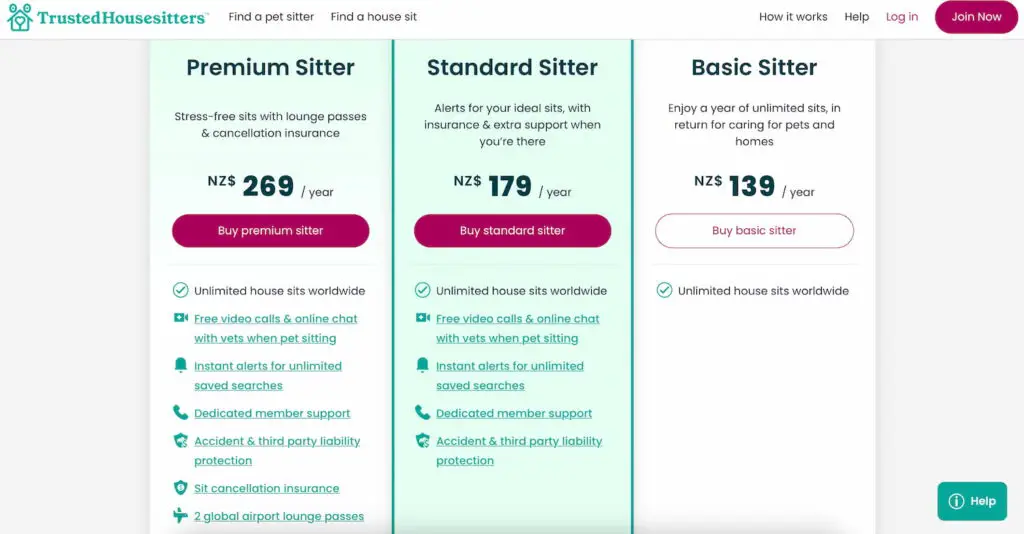
What to expect when house sitting in New Zealand?
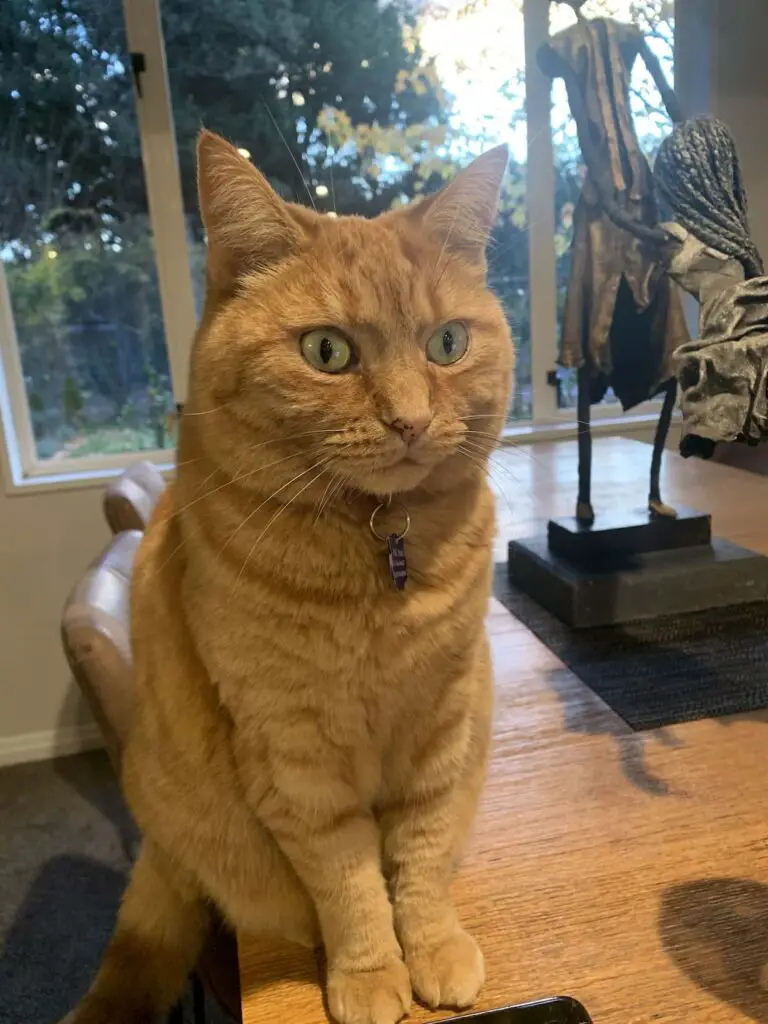
Set the right expectations
If you have never house sitted before, setting realistic expectations is crucial to avoid disappointments.
Most unwanted situations can be avoided if you are honest with houseowners and let them know if you have something in mind.
Unrealistic expectations of house sitters
We should never take things for granted, but it can happen pretty easily if you get things for free, like living in someone’s house. For that reason, both house sitters and house owners should keep their expectations and requirements at an adequate level.
For instance, as a house sitter, you shouldn’t be driven only by free accommodation. Owners can easily figure it out, and it’s just not right. In contrast, consider pets and what you like about the particular pets you are applying to house sit for.
It’s not an Airnbn or a hotel, so don’t expect it to be sparky clean, and fully serviced. Also, don’t assume that you don’t need to clean the house from time to time.
Since it’s not your property and you didn’t rent it out, you can’t just rearrange furniture, design, cupboards, or drawers. If, however, you decide so, you first should ask for permission from the owner.
You can’t eat food that doesn’t belong to you unless house owners tell you otherweise. Guess this doesn’t need an explanation.
Leaving pets alone for long periods. This is a no-go, for sure. It’s so to say your job is to be there for animals, so you can’t just go on the road trip and leave a cat enough food to get by. If it’s a dog, it’s advisable not to leave them for more than 6 hours. In case of any doubt, discuss with owners if and for how long the pets can be left alone.
Inviting guests – that also goes without saying. You shouldn’t invite guests like friends or family to visit or stay. If you want to, ask for permission from the owners.
Bringing your own pets – This is usually discussed before the house sit. Some owners allow bringing animals some don’t.
If you break anything, from a glass to a washing machine, you need to consider how you are going to replace it. Never be quiet about it, hoping owners won’t notice it.
What can go wrong?
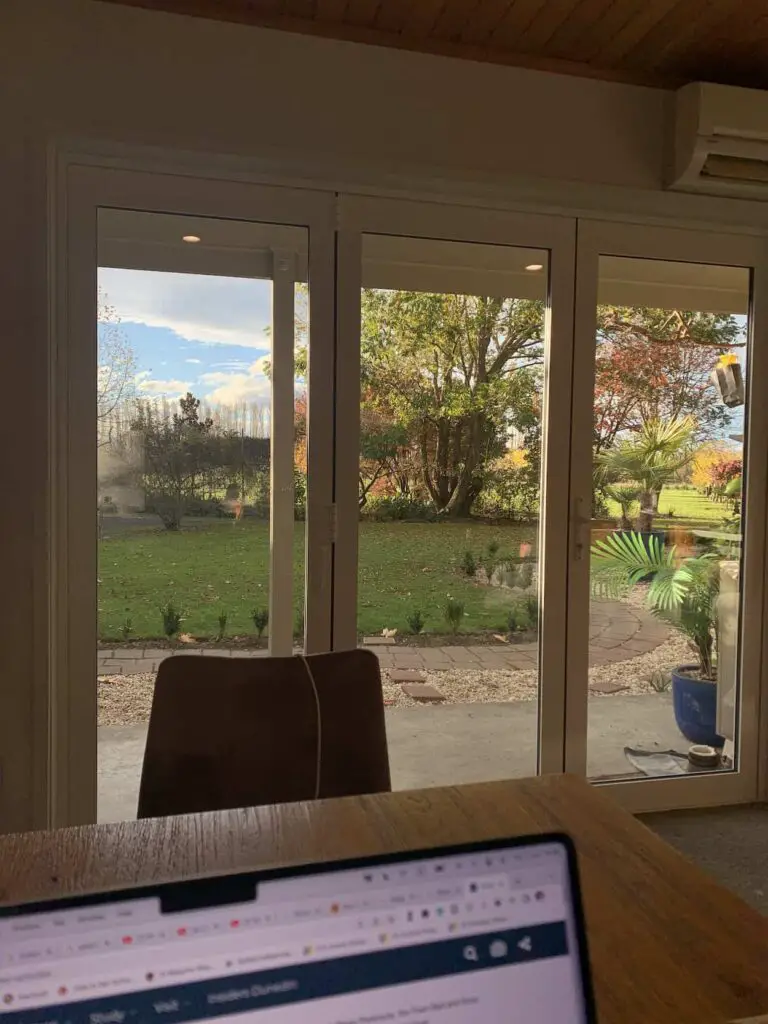
House sitting is an awesome experience, but it’s not always going as smoothly as expected. Here are some uncomfortable situations that sometimes happen to house sitters:
- House owners have more pets than advertised.
- Having to deal with unpaid utility or internet bills. If bills are to be paid by the house sitter, the house owner usually mentions it in the ad description. This is common for long-term stays.
- Sleeping on uncomfortable beds or unclean bed linen and pillows. No one is secured against it, and you will only figure out how comfortable the best is after sleeping on it once.
- Having to deal with plan changes of house owners. Here different scenarios can occur, for instance, they might leave earlier or later than agreed. At the same time, they may come back prior to or later than the agreed date.
- Not getting enough information about the pet’s behaviors and character. This is especially crucial if the animal has any issues and you have to deal with it without really signing for it.
- Having to care of an Airbnb, B&B, or other premises on the property. Some house owners rent out part of their house or another stand-alone house/cottage. In some cases, they might ask a house sitter to do some tasks related to it. However, in most cases, it’s discussed prior to the house sit; in the end, owners also don’t want their business to suffer if a house sitter is unwilling to help.
How to get a house sitting job?
House sitting is a competitive space for house sitters. There are much more house sitters than house sitting jobs. Therefore, you need to have a good profile description, photos, and hopefully several references. If you are new to house sitting and don’t have any references, you can add your Airbnb reviews, hope you have some.
Most house owners will prefer someone experienced with animals and also experienced in house sitting. But don’t be discouraged. If you have taken care of some animals in the past and have decent photos and profile, you stand a very good chance.
When applying for house sitting jobs, avoid copy-paste approach and try to be personal. Apply as early as possible because many house owners look for a sitter months in advance, especially if it’s a long-term sit.
Once you have applied, homeowners tend to respond relatively quickly. Many will tell you that they have found a sitter already, as they usually try to do as soon as possible. Therefore, the earlier you apply after the ad is published, the higher your chances.
This post contains affiliate links. The affiliate link means we may earn an advertising/referral fee if you make a purchase through our link, without extra cost to you. It helps to keep this blog afloat. Thanks for your support.

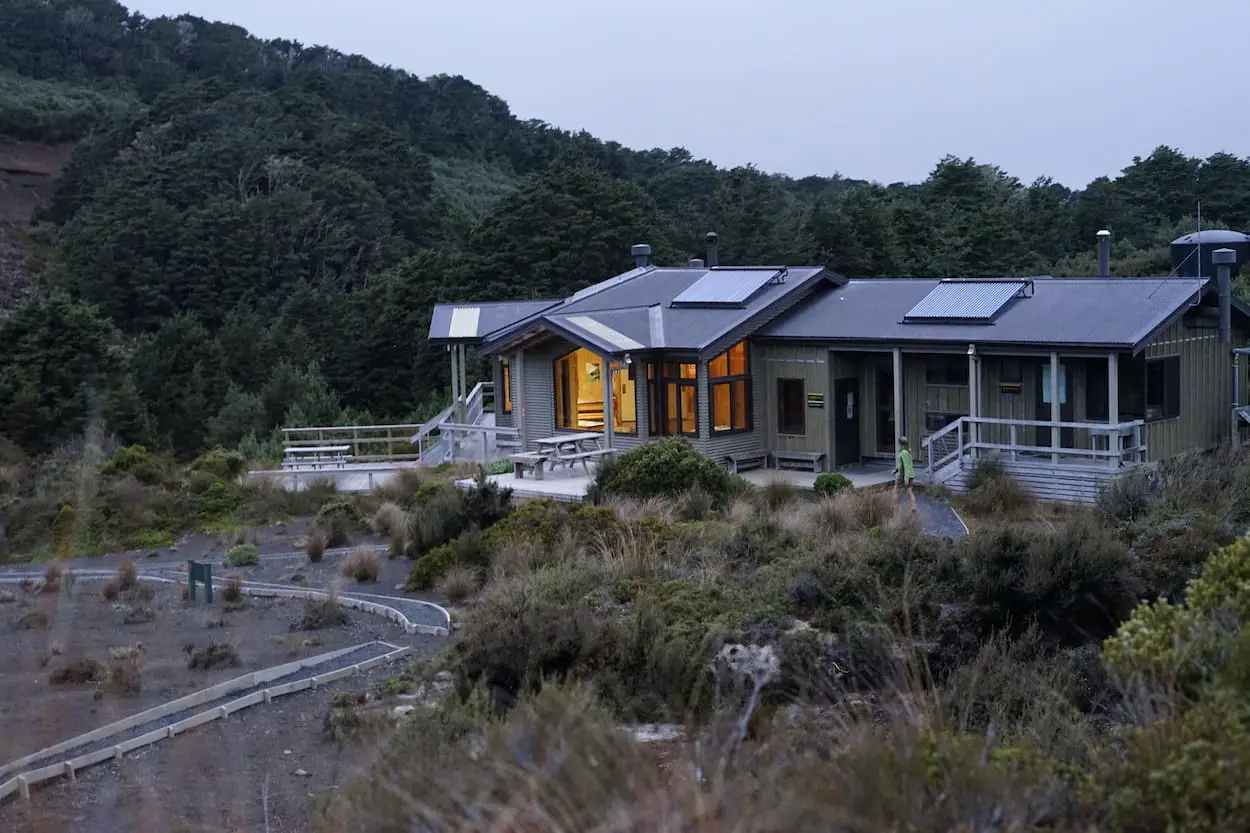

![Easiest Bank To Get A Home Loan in New Zealand [2024]](https://simplenewzealand.com/wp-content/uploads/2023/07/IMG_3646-min-1-1-768x576.jpg)



